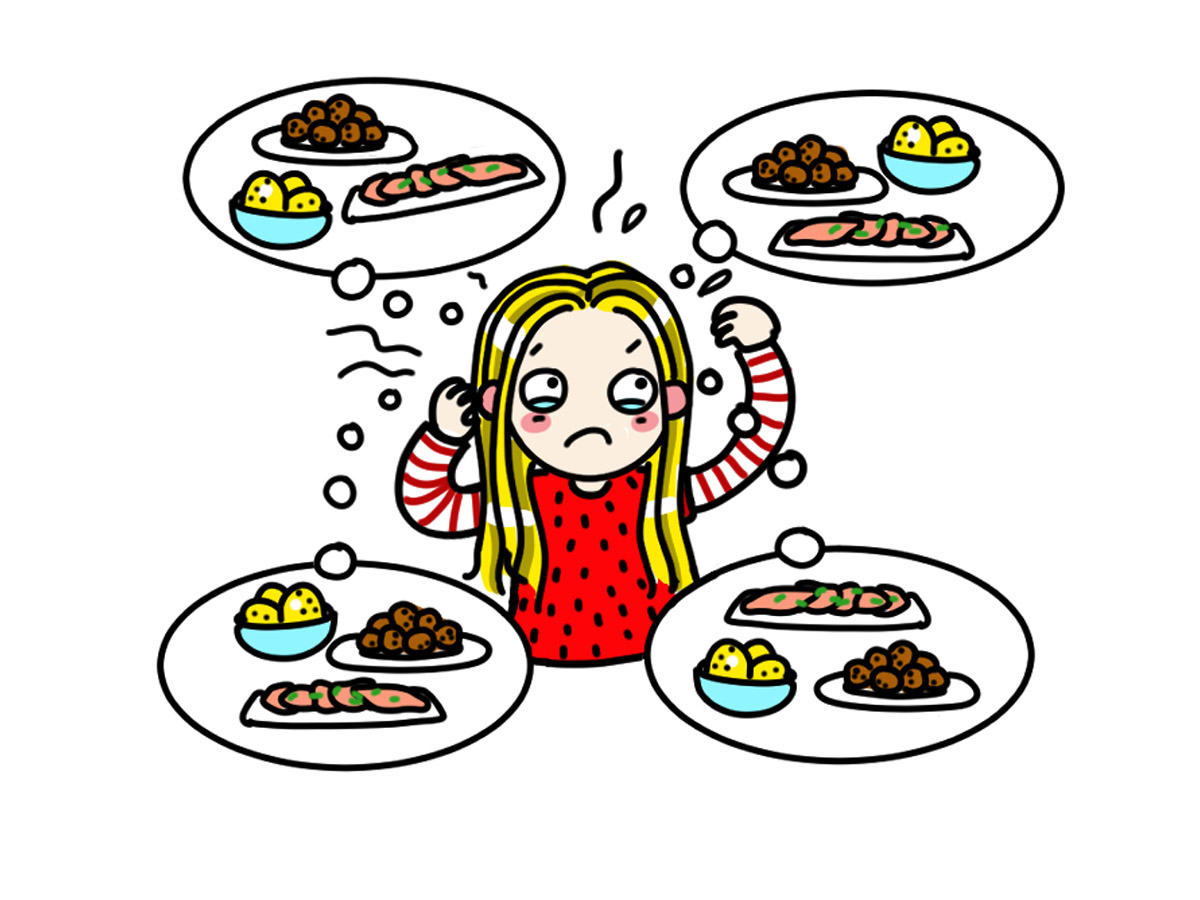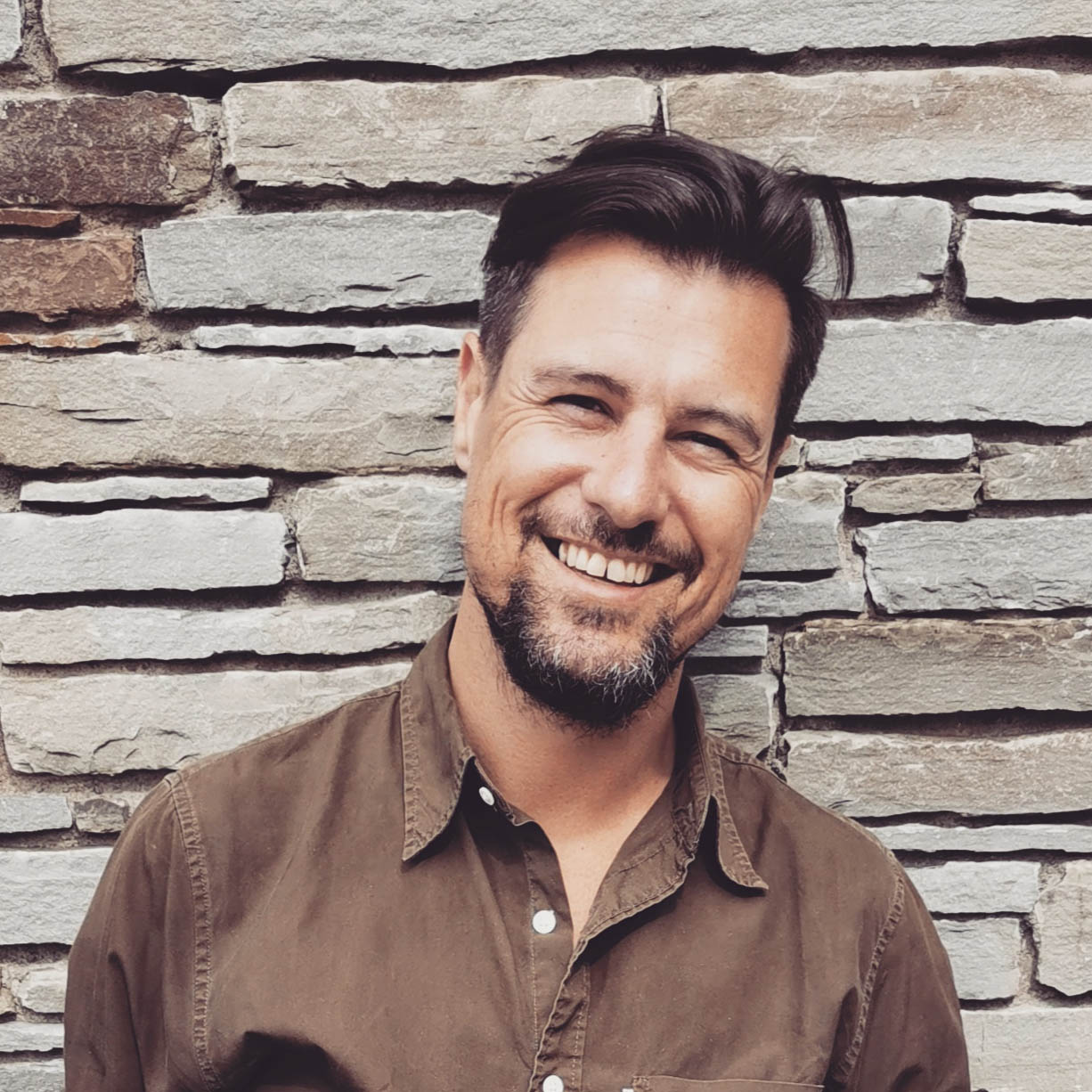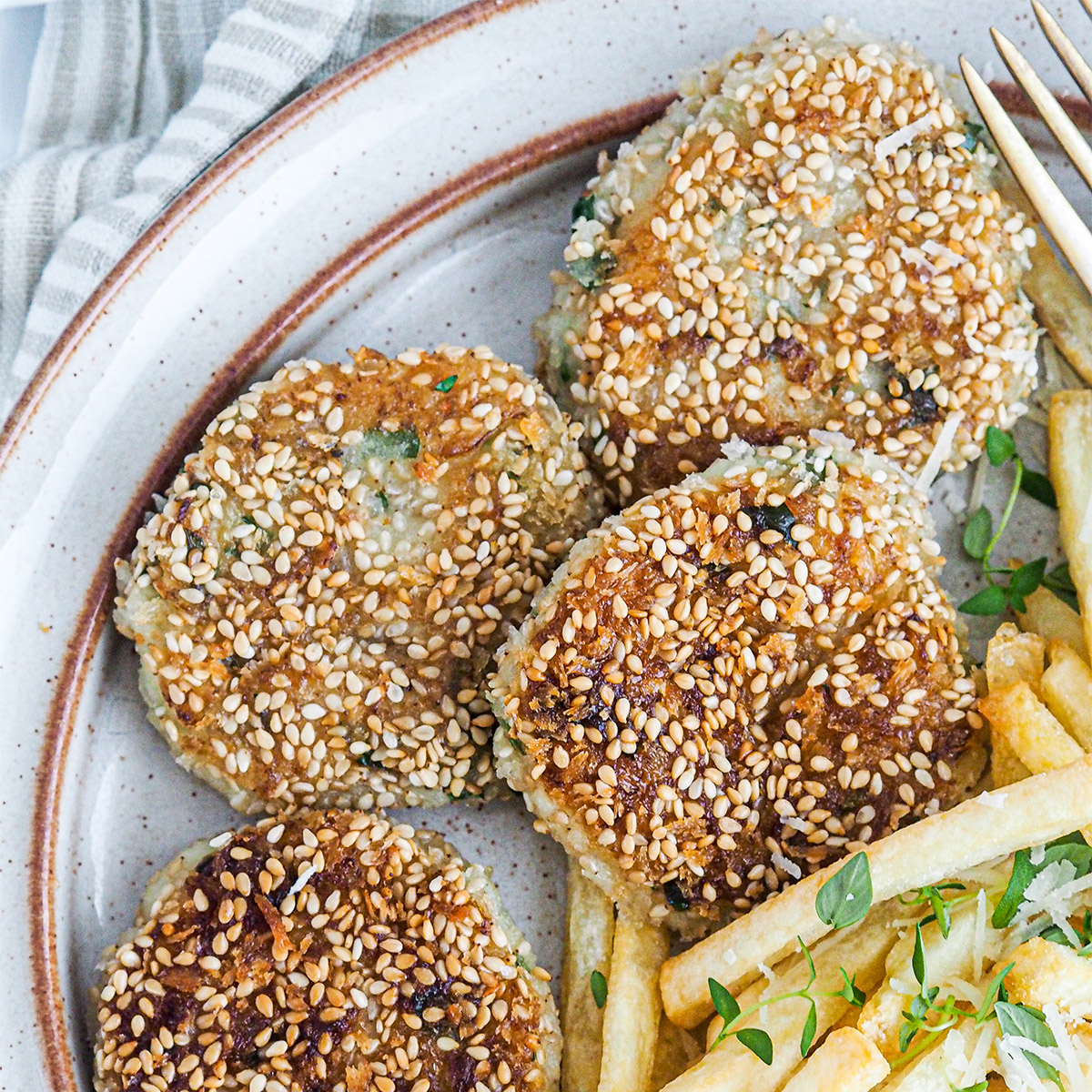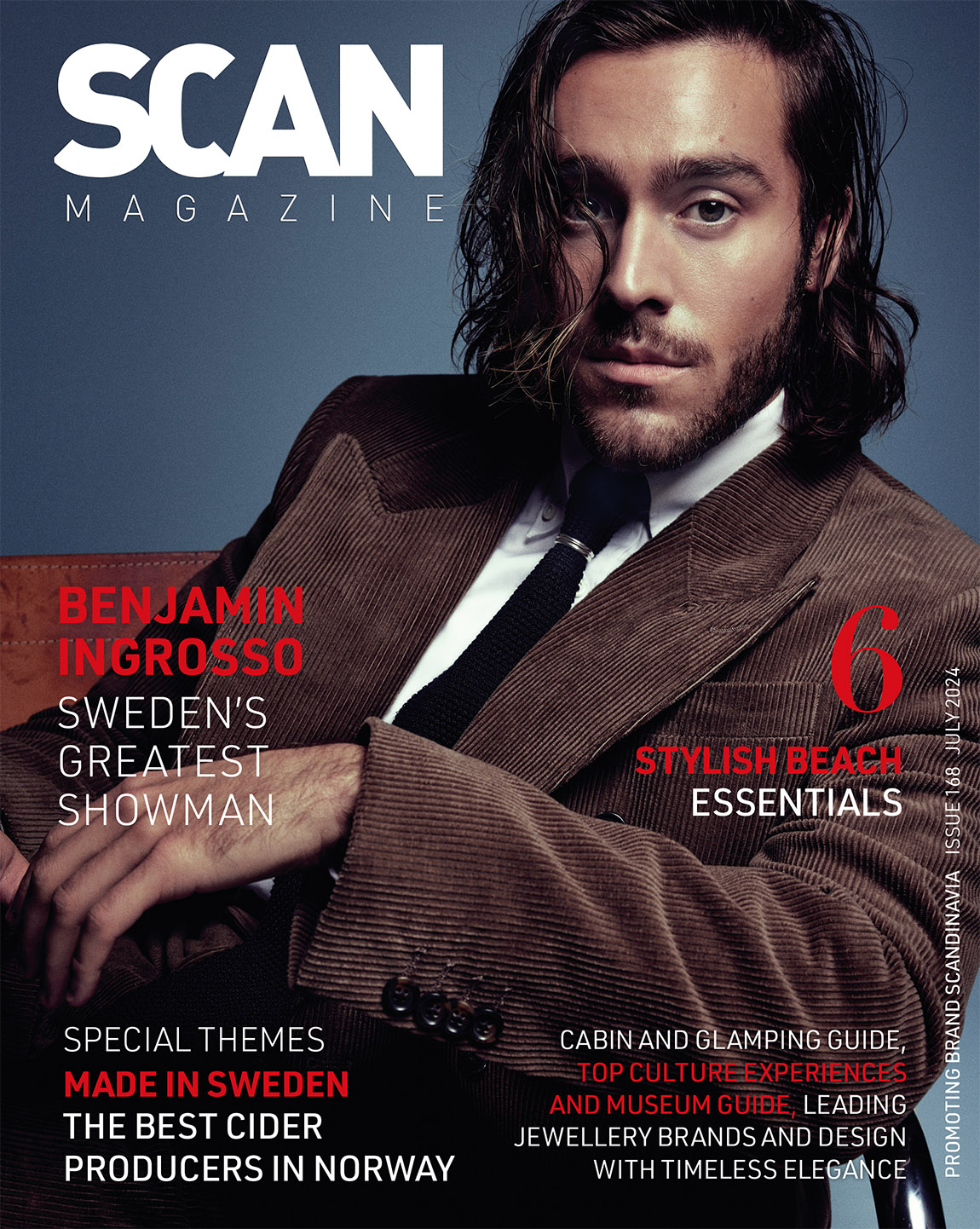Steve Flinders: Draw your culture oninon
By Steve Flinders
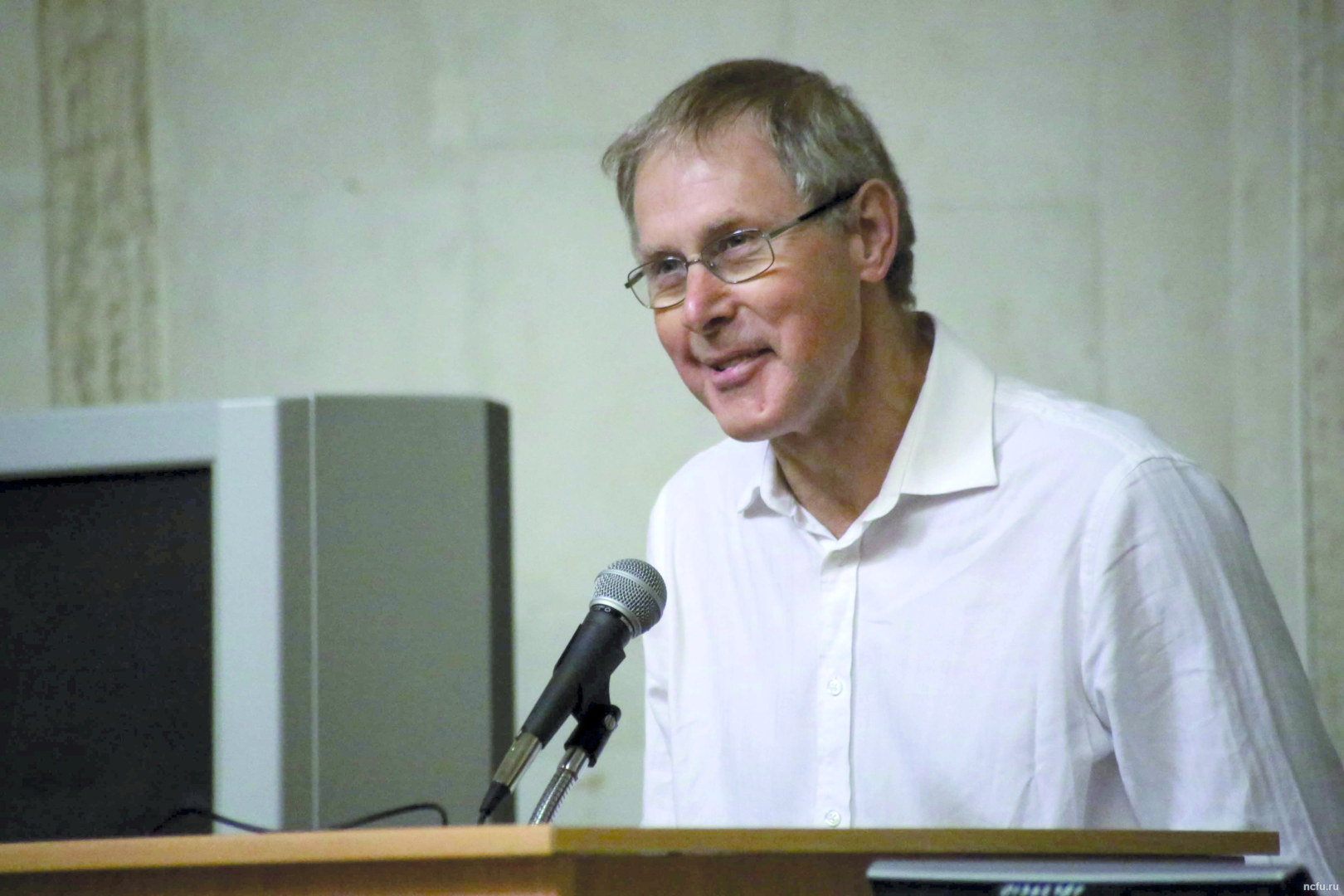
When you think about your cultural identity, do you think about your nationality first? In fact, we are made up of multiple layers of culture. The culture onion helps us to understand this.
A culture is a self-identifying group of people with shared habits, traditions, values and beliefs. We are potentially part of any number of different cultures. National identity may be important to many, but there are others for whom regional or even local affiliation is stronger. For others, membership of an ethnic or religious group may compete with national allegiance.
At work, every organisation, department and team has its own culture – “the way we do things round here”, to quote interculturalist Fons Trompenaars. Professional cultures vary enormously – just think of HR and marketing – and business sectors too: the automotive and pharmaceutical sectors have entirely different cultural characteristics.
All this can be represented visually as an onion – a series of concentric circles. In the middle is you. Gender may well form the inner ring – highly formative of who we are. Family may come next, although notions of family vary hugely: you might see 20 or 30 of them every week or two or three once a year.
Age could be there: baby boomers and millennials belong to significantly different groups. Socio-economic or class affiliation may be weaker today than before, but rich and poor people still identify with different worlds. Then there are hobbies and sports; these groups may be virtual, too.
Understanding one’s own culture onion and those of others is critical in intercultural communication. My political identity is an important part of who I am, but perhaps not at all for you. So try drawing your culture onion, deciding where you put the circles and the width of each.
I did this exercise with some young Germans recently. They all included a European layer, but one had an extra dimension: that of global citizen. “I try to identify with all of humanity in what I do,” he said. I take heart from my latest lesson in understanding cultural identity.
Steve Flinders is a freelance trainer, writer and coach, based in Malta, who helps people develop their communication and leadership skills for working internationally: steveflind@aol.com Disclaimer: The views and opinions expressed in this column are those of the author and do not necessarily reflect the official policy or position of Scan Magazine Ltd.
Subscribe to Our Newsletter
Receive our monthly newsletter by email

